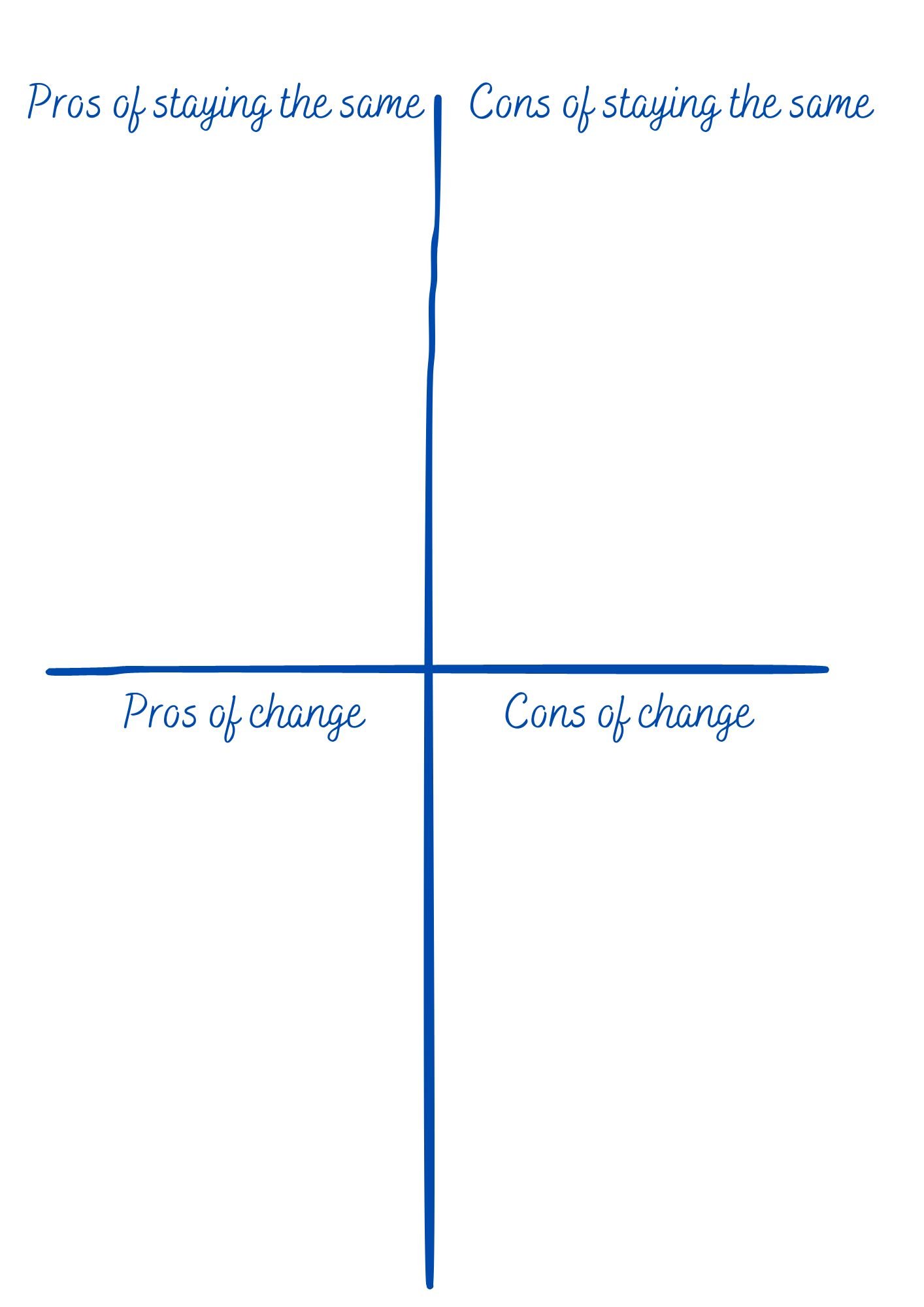The relationship we have with food varies significantly among those navigating complex struggles in their eating habits. You might have found yourself somewhere along the spectrum of disordered eating, facing various challenges. You may have experienced patterns of yo-yo dieting for years, or battle with binge eating. Perhaps, rigid food rules dominate your thoughts and actions, and this might have progressed into more severe eating disorder territory, accompanied by compensatory behaviours such as compulsive exercising or purging.
CONFLICTING EMOTIONS
Regardless of the form it takes, the psychology of disordered eating and eating disorders reveals a common thread of ambivalence toward change. You might recognise the behaviours as problematic yet feel fearful or stuck in changing them, because they offer you some form of benefit. Yet the behaviours are simultaneously taking away from many aspects of your life.
This may include relentless thoughts about food and your body consuming your mental space, leaving little room for anything else. Thus, leading to a strain on relationships, work, your social life, feeling connected and diminishing your overall enjoyment of life. And of course, these behaviours wreak havoc on your physical, emotional and mental health.
The perceived benefits, such as the belief that you will be accepted by others because you have shrunk your body or using food as a coping mechanism, are often short-lived. Studies have shown that weight loss does not solve body image or low self-esteem issue – because it is not getting to the root of the problem. Binge or emotional eating might provide a momentary relief or distraction from your life's stresses, but this often comes at the steep price of the shame, guilt, and self-loathing that follows.
RECOGNISING YOUR MIXED FEELINGS
Recognising this ambivalence around changing these behaviours therefore becomes vital. It's about observing these benefits constructively, acknowledging that they serve as automatic coping mechanisms but also realising their detrimental effects on all aspects of your life.
One effective way to tackle this ambivalence is with the ‘Pros and Cons’ exercise. This involves categorising the pros and cons of change versus staying the same in your eating behaviours. It's a reflective process that requires honesty and introspection, allowing you to understand what you are gaining (if anything) and losing by maintaining these behaviours.
Here’s how to do it:
Take a piece of paper and divide it into four sections, and label it as illustrated in the image below.
Find a quiet, interruption-free space to focus for 10 to 15 minutes. Consider setting a timer if necessary.
Delve into each section honestly, brainstorming your thoughts without holding back.
Reflect on your responses. Were you taken aback by what you wrote? Is this something you want to continue impacting your life indefinitely?"
Ready to embark on a journey of self-discovery and making peace with food? Start by downloading my FREE guide, 'Breaking the Cycle - Your First Steps to Healing Your Relationship with Food.'.' This invaluable resource will help you:


